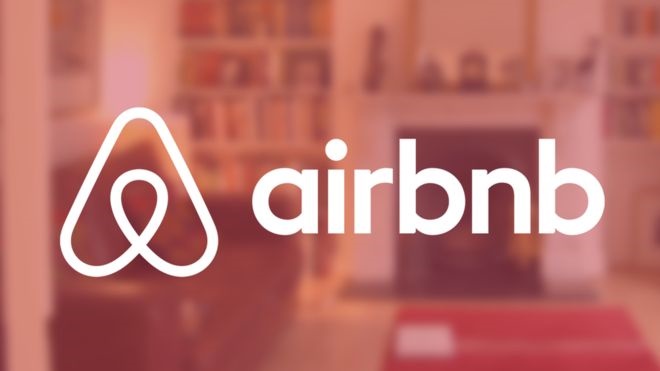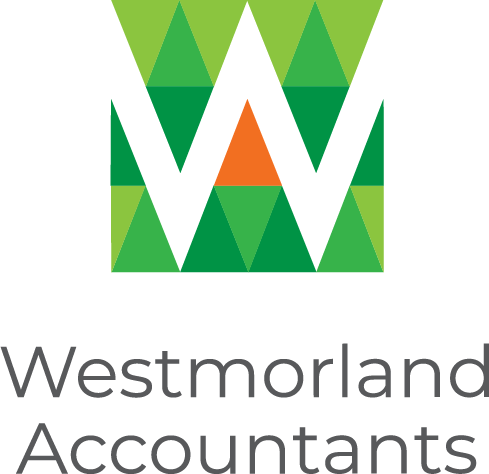
09 Oct Airbnb to share data with HMRC
We all know how popular Airbnb is to find rental properties around Cumbria, the Yorkshire Dales and further afield, even more so with the surge in ‘staycations’. However what we weren’t aware of is that Airbnb’s latest include a statement that the company will share data with HMRC about the earnings of hosts (those who let out property) on its UK platform in the years 2017/18 and 2018/19.
It’s important for landlords to realise that HMRC will know about their lettings through Airbnb, so full disclosure of all their taxable property income is essential, including for all prior years.
The Airbnb data will allow HMRC to commence enquiries into the tax affairs of individuals who have not declared their lettings income from Airbnb UK for 2017/18 and 2018/19. Although the deadline for opening an enquiry into a self-assessment return for 2018/19 is normally 31 January 2021, the discovery rules allow HMRC to go back much further, in some cases up to 20 years. Landlords who have not declared any letting income through Airbnb UK should think about doing so immediately.
HMRC is reported as saying it will address any issues over the landlords’ payment of tax in 2021/22. This clearly indicates that HMRC expects to recover significant revenue and will be using its discovery powers to open up tax enquiries going back several years.
What to declare?
Airbnb says the annual earnings by a typical UK host is £3,100. This is within the room-a-room relief allowance of £7,500 and would not result in a tax reporting obligation for a host who only lets out part of their main home.
However, letting a second or third home that generates income in excess of £1,000 in a tax year will create a tax reporting obligation. The £1,000 limit is the trading and miscellaneous income annual allowance that can apply to letting income that doesn’t fall within rent-a-room relief.
How to declare?
If the landlord hasn’t declared their rental income, and it is not covered by rent-a-room relief or the miscellaneous trading income allowance, this situation should be swiftly corrected.
Where the taxpayer has submitted a tax return, and it is still in date for amendment, it should be amended without delay. The 2018/19 tax return can be amended by the taxpayer until 31 January 2021.
Where the omitted property income or gain relates to earlier tax years the taxpayer should consider seeking professional advise about making a disclosure using the HMRC’s let property campaign. This campaign has been running for several years but it is only open to individuals who let UK residential property. It can’t be used to declare income from non-residential property or where the property has been let through a company or trust.
The advantage in using the let property campaign to disclose is that the penalties charged for non-disclosure will be much lower than if the taxpayer waits for HMRC to contact them. If full disclosure and payment of the tax is made before HMRC spots there is a problem, the penalty can be reduced to nil.
The campaign is open to individual landlords renting out residential property. This includes you if you’re:
- renting out a single property
- renting out multiple properties
- a specialist landlord, eg student or workforce rentals
- renting out a room in your main home for more than the ‘Rent a Room Scheme’ threshold
- living abroad and renting out a property in the UK
- living in the UK and renting a property abroad
- renting out a holiday home even if you use it yourself
If you are uncertain about whether you should make use of the Let Property Campaign and need a bit of advice, or you would like to find out more please contact us.

